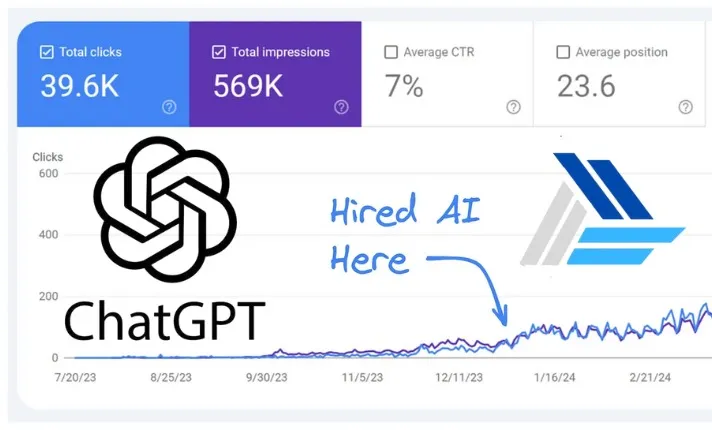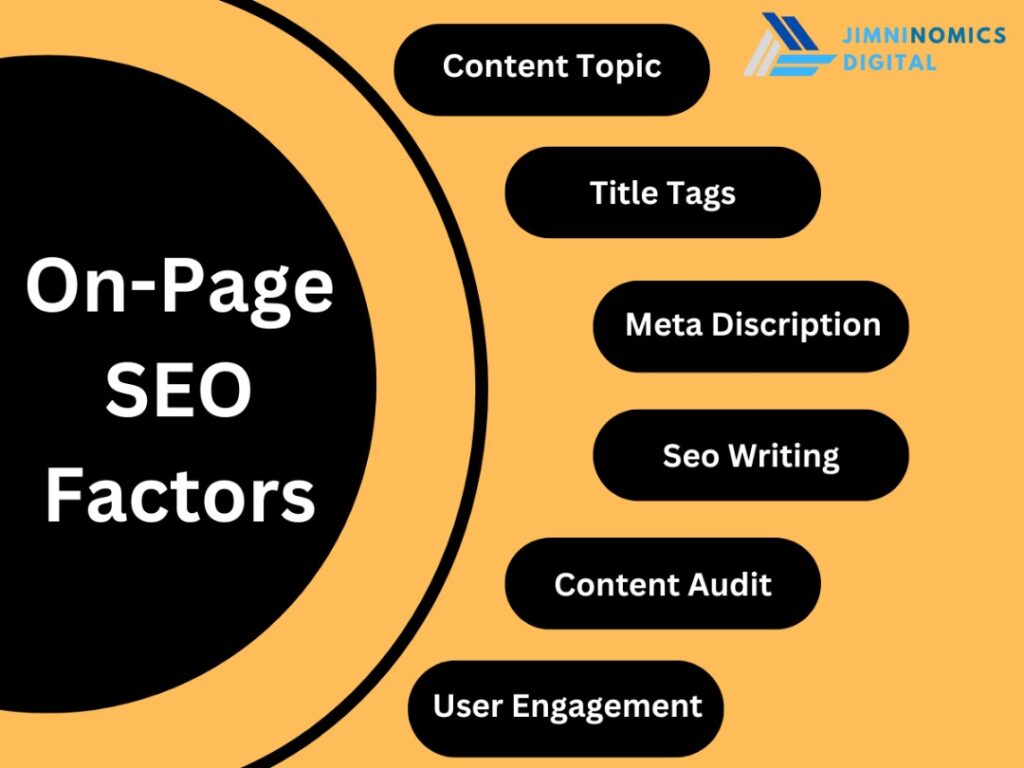Digital Seo tools
Transform Your Workflow with Jimni Nomics' Innovative Tools
At Jimni Nomics, we provide a suite of powerful tools designed to streamline your business processes and boost productivity. From cutting-edge software solutions to user-friendly applications, our tools are crafted to help you work smarter, not harder. Explore our range of features and see how we can transform your workflow today.


 By: Jimni Nomics
By: Jimni Nomics
